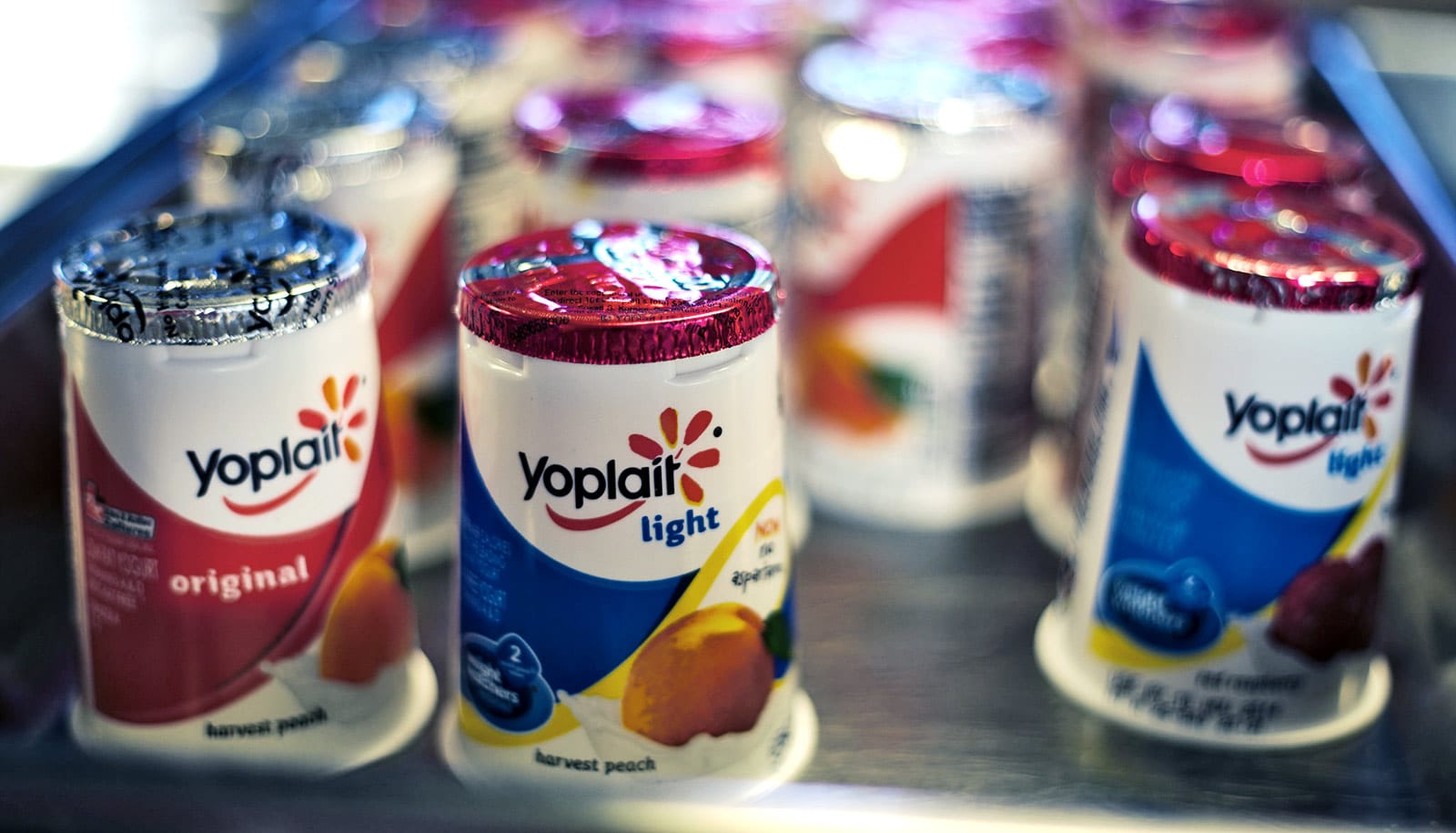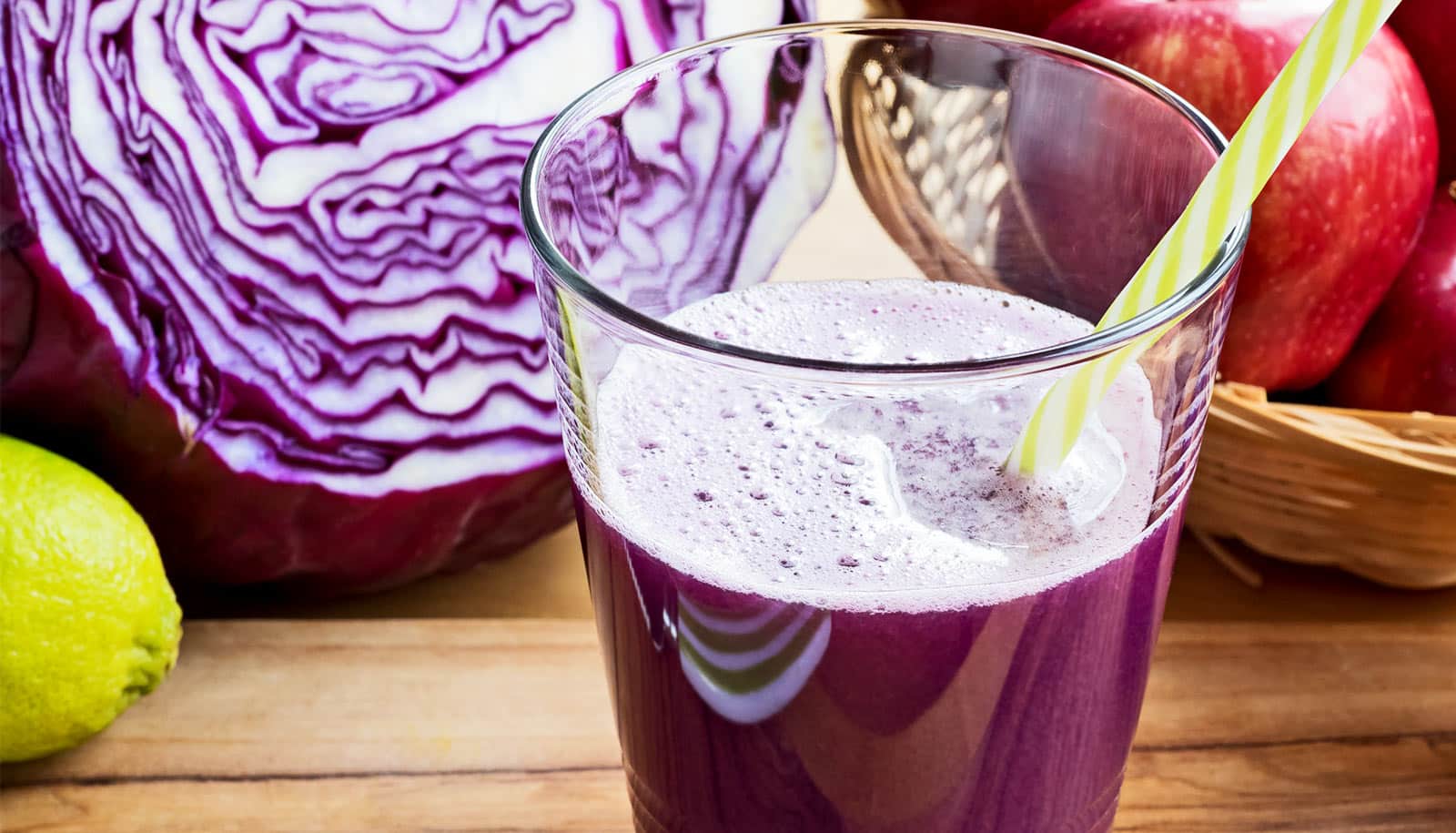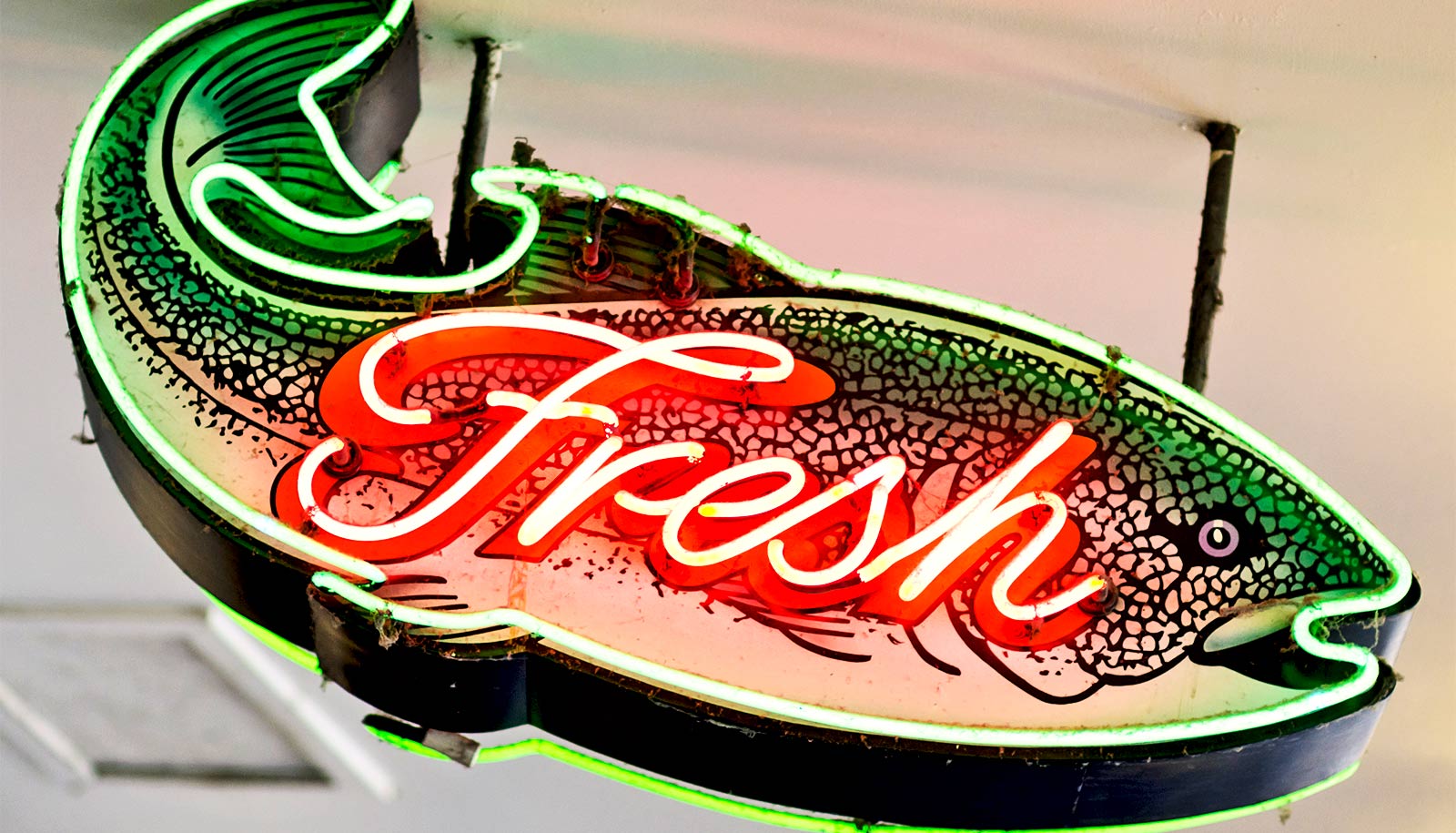A food’s sweet taste, not just its calorie count, determines both how the metabolism reacts and the brain’s understanding of its nutritional content, new research suggests.
“Calories are only half of the equation; sweet taste perception is the other half.”
The findings may explain the association between artificial sweeteners and diabetes.
In nature, sweetness signals the presence of energy and its intensity reflects the amount of energy present. When a beverage is either too sweet or not sweet enough for the amount of calories it contains, the metabolic response and the signal that communicates nutritional value to the brain are disrupted, according to the study published in the journal Current Biology.
“A calorie is not a calorie,” says senior author Dana Small, professor of psychiatry at the Yale University School of Medicine.
The new study shows that sweetness helps to determine how calories are metabolized and signaled to the brain. When sweetness and calories are matched, the calories are metabolized, and this is registered by brain reward circuits.
Sweet tooth tends to stick around if you’re obese
When a “mismatch” occurs, however, the calories fail to trigger the body’s metabolism and the reward circuits in the brain fail to register that calories have been consumed.
“In other words, the assumption that more calories trigger greater metabolic and brain response is wrong,” Small says. “Calories are only half of the equation; sweet taste perception is the other half.”
Small noted that many processed foods contain such mismatches—such as a yogurt with low calorie sweeteners.
“Our bodies evolved to efficiently use the energy sources available in nature,” Small says. “Our modern food environment is characterized by energy sources our bodies have never seen before.”
Why gratitude comes with a sweet tooth
The National Institutes of Health and PepsiCo provided the primary funding for the study.
Source: Yale University



